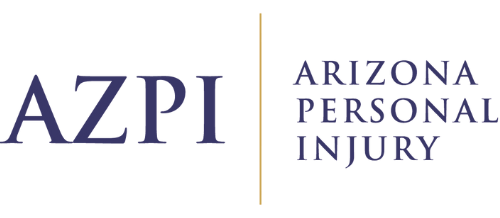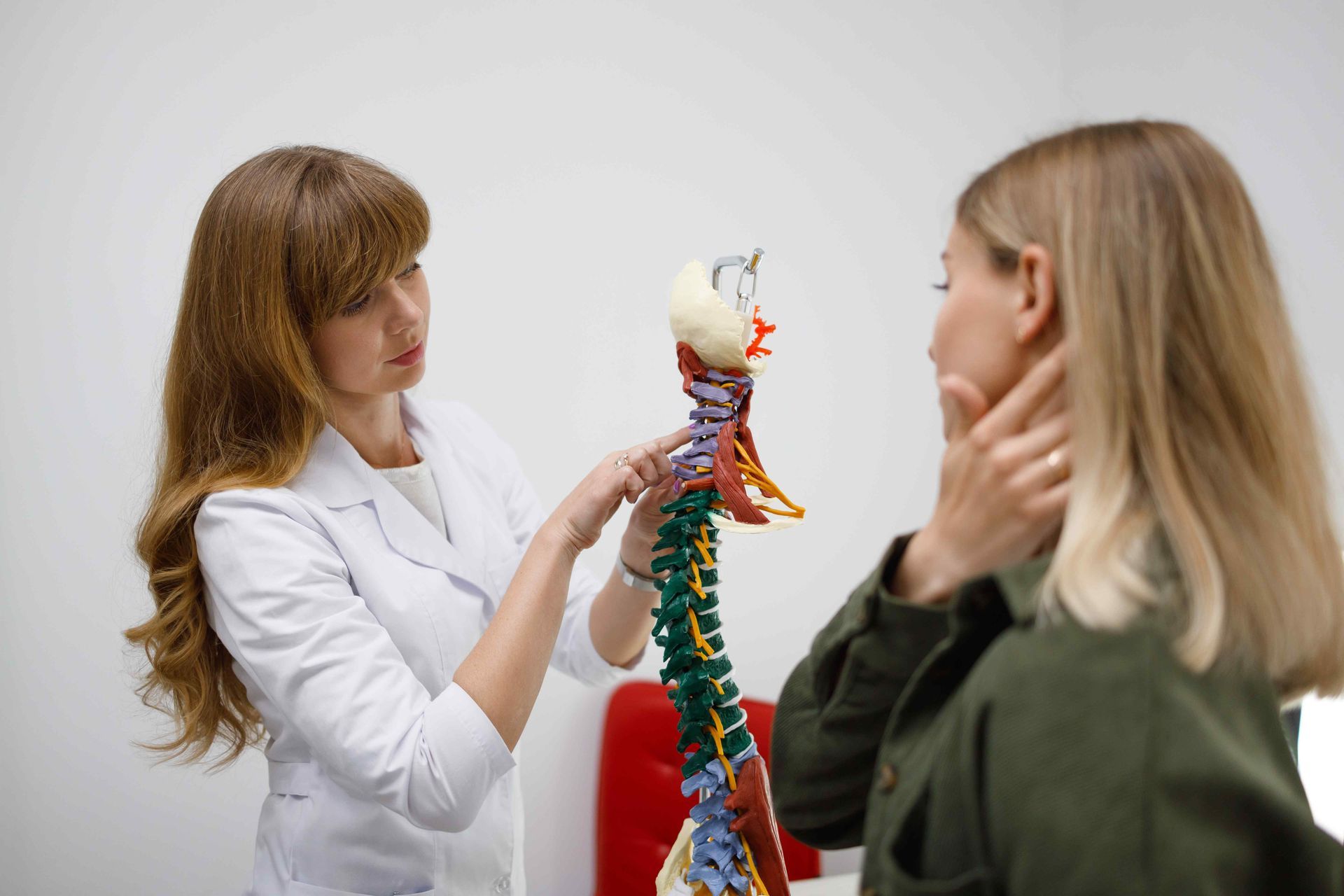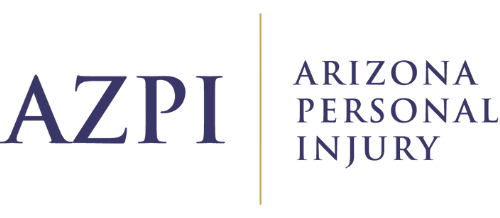Specialized Care for Car Accident Recovery
Recovering from a car accident sometimes needs more than basic care. Some injuries need special attention to heal correctly and prevent long-term problems. At Arizona Personal Injury, specialized care provides focused treatments for specific injuries. Learn how specialized care can help you recover better and faster after a car accident.
What is Specialized Care?
Specialized care means using specific treatments to help with certain injuries from a car accident. Unlike general care, which handles basic needs, specialized care focuses on injuries that need more targeted attention. This can include things like fractures, nerve damage, or soft tissue injuries that may not heal well with regular treatments.
In Phoenix, AZ, where people often want to get back to their active lives quickly, specialized care helps speed up recovery by focusing on specific injuries. This type of care makes sure that all injuries, even the complicated ones, are treated properly so patients can return to their normal routines without issues.
Types of Injuries Requiring Specialized Care
Fractures and Broken Bones
Fractures and broken bones are common injuries after car accidents and need specialized care to heal right. These injuries might need special treatments like setting the bone, using a cast, or surgery. Specialized care helps make sure fractures heal correctly, lowering the risk of long-term problems.
Soft Tissue Injuries
Soft tissue injuries, like sprains, strains, and ligament tears, can be hard to treat. These injuries may not show up clearly at first but can cause a lot of pain and limit movement. Specialized care for soft tissue injuries includes therapies like physical therapy, ultrasound, and special exercises to help the body heal and restore movement.
Nerve Damage and Neuropathy
Nerve damage from a car accident can cause problems like neuropathy, which is nerve pain or numbness. This kind of injury needs special treatments like nerve blocks, electrical stimulation, or specific medications to help manage pain and support nerve healing. Treating nerve damage early with specialized care can help prevent long-term pain and disability.
Traumatic Brain Injuries (TBI)
Traumatic brain injuries are serious injuries that can happen in car accidents. TBIs require specialized medical care to monitor symptoms and provide the right treatment. This might include medications, therapy, and sometimes surgery. Specialized care for TBIs focuses on reducing symptoms and helping the brain heal properly.
Fractures and Broken Bones
Fractures and broken bones are common injuries after car accidents and need specialized care to heal right. These injuries might need special treatments like setting the bone, using a cast, or surgery. Specialized care helps make sure fractures heal correctly, lowering the risk of long-term problems.
Soft Tissue Injuries
Soft tissue injuries, like sprains, strains, and ligament tears, can be hard to treat. These injuries may not show up clearly at first but can cause a lot of pain and limit movement. Specialized care for soft tissue injuries includes therapies like physical therapy, ultrasound, and special exercises to help the body heal and restore movement.
Nerve Damage and Neuropathy
Nerve damage from a car accident can cause problems like neuropathy, which is nerve pain or numbness. This kind of injury needs special treatments like nerve blocks, electrical stimulation, or specific medications to help manage pain and support nerve healing. Treating nerve damage early with specialized care can help prevent long-term pain and disability.
Traumatic Brain Injuries (TBI)
Traumatic brain injuries are serious injuries that can happen in car accidents. TBIs require specialized medical care to monitor symptoms and provide the right treatment. This might include medications, therapy, and sometimes surgery. Specialized care for TBIs focuses on reducing symptoms and helping the brain heal properly.
Benefits of Specialized Care for Recovery
Focused Treatment Plans
Specialized care provides focused treatment plans designed for specific injuries. This helps make sure each injury gets the best care possible. By focusing on what each injury needs, specialized care helps speed up recovery and improve outcomes.
Avoiding Long-Term Problems
One of the main benefits of specialized care is that it helps prevent long-term problems. By treating injuries correctly from the start, it reduces the risk of chronic pain, limited movement, and other lasting issues. This approach helps patients have a better life after their injury.
Faster Recovery
Specialized care can help patients recover faster. Since the treatments are specific to the injuries, they work better and often lead to quicker healing. This allows patients to get back to their normal lives sooner and with less pain.
Better Quality of Life
Specialized care is focused on improving the overall quality of life after an injury. By providing targeted treatments, patients can experience better movement, less pain, and more confidence in their recovery. This approach helps patients regain their independence and enjoy life more fully.
Focused Treatment Plans
Specialized care provides focused treatment plans designed for specific injuries. This helps make sure each injury gets the best care possible. By focusing on what each injury needs, specialized care helps speed up recovery and improve outcomes.
Avoiding Long-Term Problems
One of the main benefits of specialized care is that it helps prevent long-term problems. By treating injuries correctly from the start, it reduces the risk of chronic pain, limited movement, and other lasting issues. This approach helps patients have a better life after their injury.
Faster Recovery
Specialized care can help patients recover faster. Since the treatments are specific to the injuries, they work better and often lead to quicker healing. This allows patients to get back to their normal lives sooner and with less pain.
Better Quality of Life
Specialized care is focused on improving the overall quality of life after an injury. By providing targeted treatments, patients can experience better movement, less pain, and more confidence in their recovery. This approach helps patients regain their independence and enjoy life more fully.
How Specialized Care Works
First Assessment and Diagnosis
The process of specialized care starts with a thorough assessment and diagnosis of the injuries. This includes detailed medical exams, imaging tests, and sometimes consultations with different specialists. Knowing the full extent of the injury is key to creating a good treatment plan.
Creating a Customized Treatment Plan
After the assessment, a customized treatment plan is made to address the specific injuries. This plan may include a mix of therapies, medications, and sometimes surgery, all focused on achieving the best recovery.
Continuous Monitoring and Adjustments
During the recovery process, the specialized care team keeps a close eye on the patient’s progress. Regular follow-ups and evaluations make sure the treatment plan is working well. Changes can be made as needed to ensure the best healing.
Full Support and Follow-Up
Specialized care also includes full support and follow-up after the initial treatment phase. This helps make sure patients continue to get the care they need and maintain their progress, reducing the chance of setbacks.
Choose Specialized Care for a Better Recovery
Specialized care offers a focused and effective way to recover from car accident injuries. By providing targeted treatments, it helps ensure a smoother and quicker recovery process. At Arizona Personal Injury, specialized care is a key part of our approach to patient recovery.
Choose Specialized Care for a Better Recovery
Specialized care offers a focused and effective way to recover from car accident injuries. By providing targeted treatments, it helps ensure a smoother and quicker recovery process. At Arizona Personal Injury, specialized care is a key part of our approach to patient recovery.
All Rights Reserved | Arizona Personal Injury
View Our Privacy Policy | Terms of Service | Disclaimer



